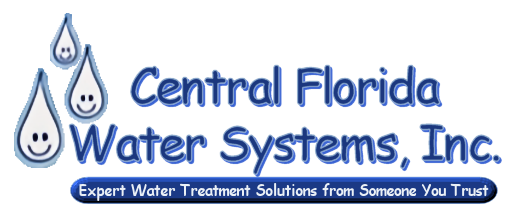Reverse osmosis (RO) is a membrane-technology filtration method that removes many types of large molecules and ions from solutions by applying pressure to the solution when it is on one side of a selective membrane. The result is that the solute is retained on the pressurized side of the membrane and the pure solvent is allowed to pass to the other side. To be "selective," this membrane should not allow large molecules or ions through the pores (holes), but should allow smaller components of the solution (such as the solvent) to pass freely.
In the normal osmosis process, the solvent naturally moves from an area of low solute concentration (High Water Potential), through a membrane, to an area of high solute concentration (Low Water Potential). The movement of a pure solvent to equalize solute concentrations on each side of a membrane generates osmotic pressure. Applying an external pressure to reverse the natural flow of pure solvent, thus, is reverse osmosis. The process is similar to other membrane technology applications. However, there are key differences between reverse osmosis and filtration. The predominant removal mechanism in membrane filtration is straining, or size exclusion, so the process can theoretically achieve perfect exclusion of particles regardless of operational parameters such as influent pressure and concentration. Reverse osmosis, however, involves a diffusive mechanism so that separation efficiency is dependent on solute concentration, pressure, and water flux rate.[1] Reverse osmosis is most commonly known for its use in drinking water purification from seawater, removing the salt and other substances from the water molecules.
Or you can call me mobile direct at 321-436-7289 and I'll tell you exactly what this system
an do for your water!


